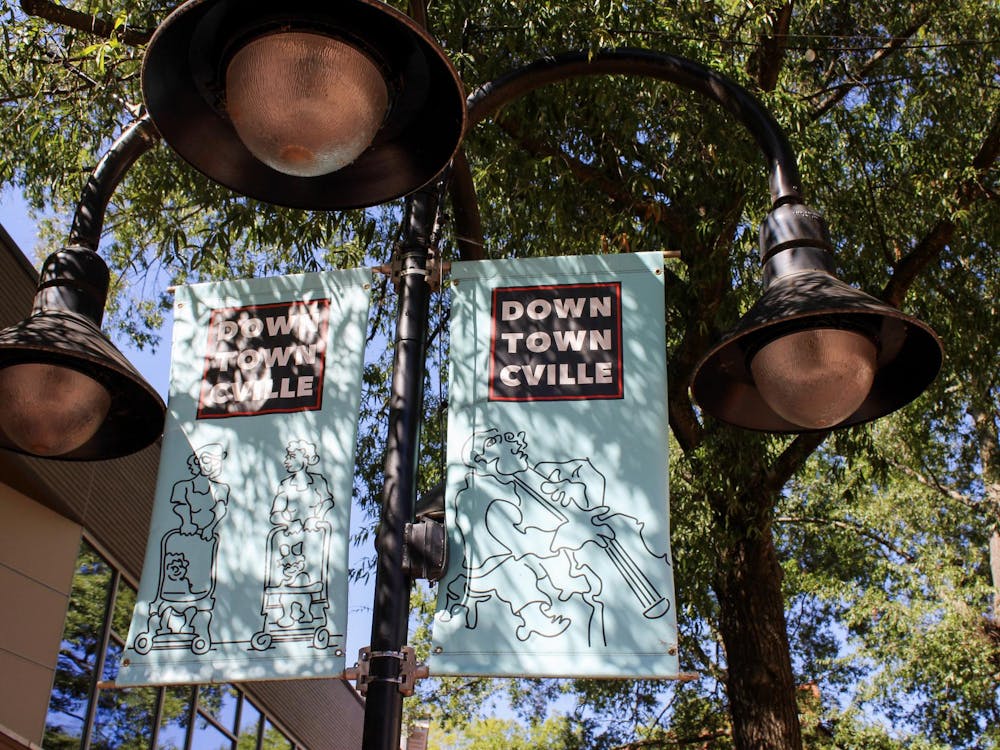HBO’s “Westworld” has always been a strangely positioned show. When it debuted in 2016, it seemed like a natural sci-fi complement to the network’s then fantasy hit “Game of Thrones.” The series is based on Michael Crichton’s 1973 film of the same name, featuring a cowboy theme park in the future staffed by robotic “host” actors that run amok and kill the human guests. But while “Game of Thrones” stuck close to its source material in tone, theme and realistic, brutally-imagined fantasy setting, the TV series “Westworld” has always seemed brainier and more philosophical than its now somewhat dated and corny source material.
Written by literature snob husband-and-wife duo Lisa Joy and Jonathan Nolan, HBO’s “Westworld” turned the original’s premise of killer robots into a meditation on the nature of free will. Its robotic hosts have been the protagonist of their stories, authoring their own fantasies for once as they step out of their predetermined loops into a grander battle against human civilization.
With its latest season, which debuted March 15, “Westworld” ditches its wild west roots and modernizes its science-fiction premise further in an attempt to remain relevant. Dolores, a host played by Evan Rachel Wood, might be the only survivor to have left the park, and finds herself in the “real world” outside. The show’s active fan community of internet sleuths have long puzzled over what this “real world” might entail.
With season three, viewers are treated to a futuristic, “Brave New World”-esque utopia of sorts where everyone seems to have a successful, predetermined path in life. Humans live in harmony under the guidance of a system called Rehoboam. The system is run by a data-mining tech company known as Incite, and has led to substantial quality of life improvements while seeming to have eradicated climate change. On the whole, this seems like a rosy future — free-will and agency aside.
But the positive veneer is little more than surface deep, and there are many unhappy actors and class struggles still at play. The world is still divided into the uber-rich and less fortunate.The season’s primary new protagonist is human construction worker Caleb Nichols — played by series newcomer Aaron Paul of “Breaking Bad” fame — who feels he does not fit in what should be a perfect society. To supplement his income, Caleb signs up for odd jobs in a cyberpunk form of a criminal underground that performs robberies, heists, and assassinations.
By incorporating modern-day issues like Big Data and class anxiety, Joy and Nolan have turned their science fiction setting into a vehicle for potent social commentary. Whether these issues will be thoughtfully pursued remains to be seen — the rest of the season’s seven episodes will be released week by week on Sunday evenings. With its premiere however, HBO has shown that “Westworld” continues to have ambitions greater than being the cable drama about robots. “Westworld” wants to continue throwing its loyal — but not quite “Game of Thrones” sized — audience through an elaborate puzzle box.
Even before the premiere, fans of the show have participated in a months-long marketing campaign consisting of a cryptic in-world website that contained an alternate reality game, a teaser cheekily referencing modern-day events like the presidential impeachment and Hong Kong protests and an overall longer production cycle of 18 months since the show’s last season. From a production perspective, the third season’s time in the oven shows — the sci-fi set design of Los Angeles manages to be distinctly futuristic with its drone taxis, foliage-covered architecture and high-tech predictions, like the artificially-controlled dream implants humans take before bed.
The key to season three so far looks to be performances from Wood’s Delores and Jeffrey Wright’s Bernard, who serve as holdovers from the cast of prior seasons. Even more promising is Paul’s misfit character Caleb. Caleb appears to be ex-military, and receives frequent calls from an AI therapist who speaks with the voice of his deceased combat partner. When Caleb is rejected for a job over the phone for “not being a good fit,” he asks “what shape can I mold myself into?” The question of who we are has been eternally debated by psychology majors and Greek philosophers alike, while the sci-fi setting and presence of data and AI bring in relevant questions about human agency in a real world increasingly dictated by algorithms.
Judging “Westworld” season three by its core components, the robotic skeleton is all in place. Whether the final product will pass as convincingly human remains to be seen. The last season disappointed many fans and critics with its heavily non-linear story and the burden it placed on viewers with its increasingly confusing plot. Bringing affairs into the fresh air of a human-centered “real world” seems to have done the show many favors, namely making it more relevant and exciting. The danger season three faces is falling into the sci-fi trap of style over substance, as it has to balance filling out the elaborate worldbuilding of its high-tech setting with the actual core plot viewers have been waiting to see resolved since episode one of the series — will the hosts gain the freedom they desire, and what does that freedom entail? A TV show that’s part psych 101 and part sci-fi drama, one thing “Westworld” never fails to do is intrigue.







